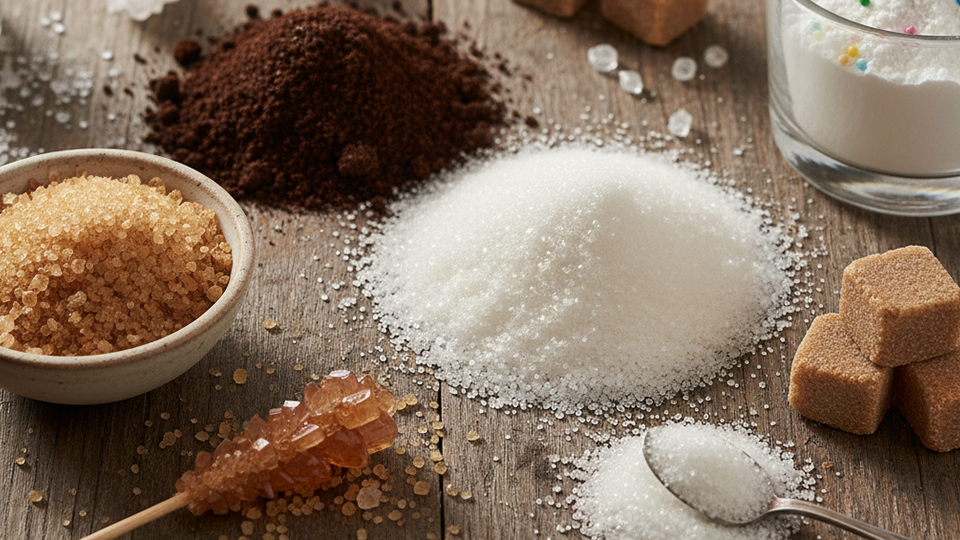Krista Varady, Ph.D., the lead investigator of the study, is a prolific researcher at the University of Illinois at Chicago’s College of Applied Sciences with more than 30 peer-reviewed research publications. She has a Ph.D. in nutrition from McGill University—one of the top universities in Canada. Dr. Varady has devoted much of her time to investigating the ability of weight-management strategies to decrease cardiovascular disease risk and is one of the pioneers in research on alternate-day and intermittent fasting.
Dr. Varady’s research was presented in August at the 10th annual Isagenix Celebration in Phoenix. Eager to share the exciting results, Dr. Varady answered questions from Isagenix Chief Science Officer Suk Cho, Ph.D.:
Q: What did you think when you tried Isagenix?
A: I always try things before I make my subjects do it. I used Isagenix for three weeks in January before we began the study. I didn’t want to lose a ton of weight, but I did want to see if I could lose a few pounds with it. The easy of use was great—no dishes at breakfast or lunch; you didn’t even need to have milk at home. I went out and bought a few shake products to compare it to and I’m not sure what you guys do, but the consistency is like a smoothie. The other shakes were clumpy and it made them less appealing.
Q: What else impressed you about Isagenix products?
A: I was impressed by the Cleanse Day and the high-protein IsaLean® Shake. All the ingredients actually seemed wholesome. I had thought the shake would be a high-sugar beverage, but I found it to be really nutritionally complete.
Q: What attracted you to collaborate with Isagenix on research using their products?
A: The main thing was that Isagenix incorporates fasting while on Cleanse Days. I find that really novel. If you look at other meal-replacement diets, they never really incorporate fasting or cleansing. Usually it is a shake for breakfast and a shake for lunch, but they don’t use all the other products Isagenix uses. I like that it is a multifaceted approach. You are also using supplements that may provide metabolic benefit and protect against free radicals—I thought that was really neat too, but the main thing was that there was a Cleanse Day every week because I am really interested in fasting research.
Q: What can you tell us about the study’s results?
A: Our main finding was that weight loss was actually greater in the Isagenix group. On average they lost 3.9 kg, so that works out to be around 9 pounds or so. Obviously, some lost more and some less, but the Isagenix group lost 3 pounds more on average than the other diet. We also saw those changes with fat mass. With Isagenix, we saw slightly greater reductions (although not significant) in fat mass. Neither group lost a significant amount of lean mass, which is great because you want to maintain your muscle mass to keep your metabolic rate higher and that allows you to burn more calories per hour.
Q: What are the results for visceral fat (fat that surrounds the organs)?
A: Even though it wasn’t statistically significant between groups, we found that there was a much greater reduction in visceral fat in the Isagenix group—about twice as much. They lost 0.7 kg, about 2 pounds. I find that amazing—they lost 2 pounds around their organs—that’s a lot!
Q: What other part of this study’s results do you find most exciting or intriguing?
A: What I found most intriguing at first was the adherence of the Isagenix group; they seemed to adhere better because of the convenience factor of the Isagenix system. Also, the Isagenix group lost more weight and more fat (especially visceral fat); and the blood chemistry looked wonderful.
Q: What other personal observations have you made about the Isagenix products and how they affect subjects?
A: Isagenix people just seemed happier. Also, the satiety (or fullness) aspect; people didn’t feel motivated to binge after a shake or cheat on the diet because they really did find those shakes quite filling, so I was pretty impressed with that. That is the main reason that I am even testing out these diets—to find diets that people will actually do and adhere to over the long term. They liked the taste of the shake and just in terms of the easiness too, they said small things like “there were less dishes to wash” and “for breakfast all you really have to do is keep the blender clean, there’s not that much prep involved and it is a portable system.” But those are actually really important things—if a diet is hard to do, people aren’t going to do it for very long. So making it easy, making it easy to clean up after—all those things add up for long term weight loss.
Q: You had some products left over after the study and people asked you for them, right?
A: Yeah, I had 3 boxes left of the shakes and I have never seen women diving in there, fighting with each other. They were all over each other. Those were gone pretty quickly after we opened them up!


![Krista-Varady-600x400b[1]](http://isagenixhealth.net/wp-content/uploads/2017/10/Krista-Varady-600x400b1-150x150.jpg)



